Tesla breaks ground on in-house lithium refinery in Texas; battery-grade lithium for ~1M EVs per year
Green Car Congress
MAY 9, 2023
The dominant conventional process for refining battery-grade lithium from hard rocks such as spodumene and lepidolite relies on sulfuric acid and produces sodium sulfate as a byproduct—a waste stream that requires costly and proper disposal. Tesla will use inert reagents such as soda ash and lime.

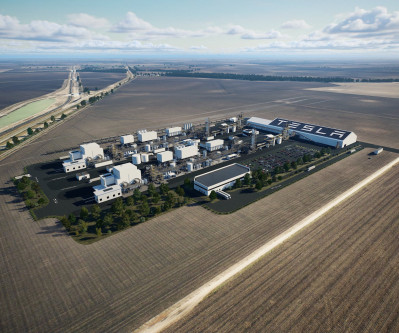
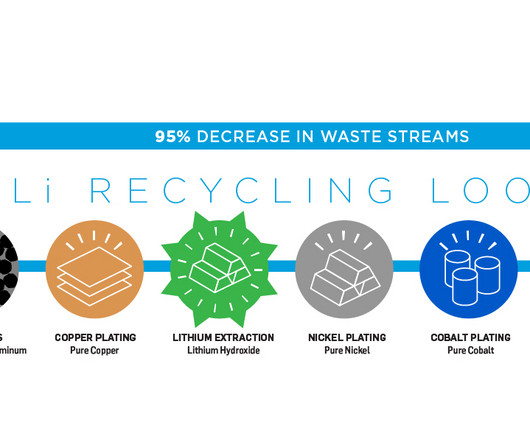

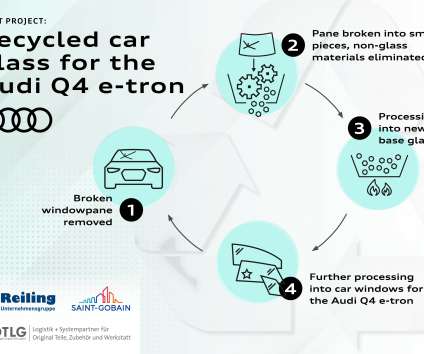




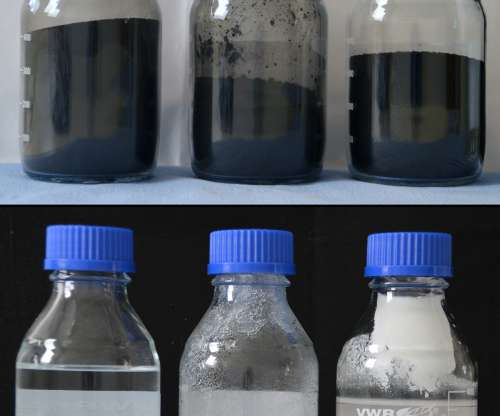

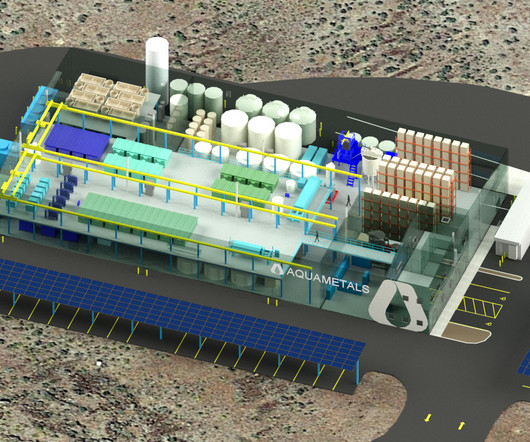

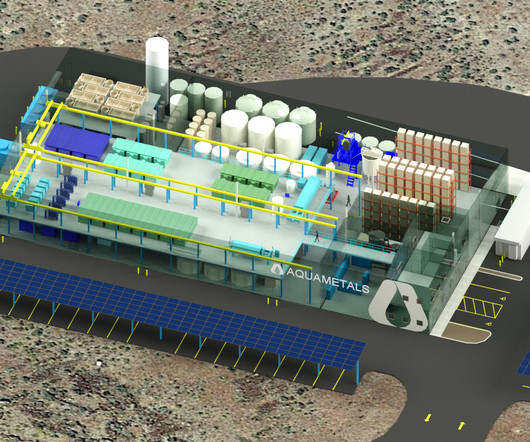






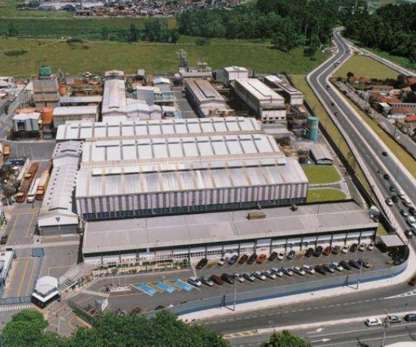
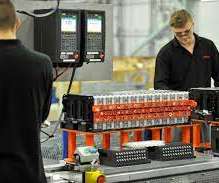
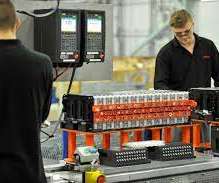






Let's personalize your content